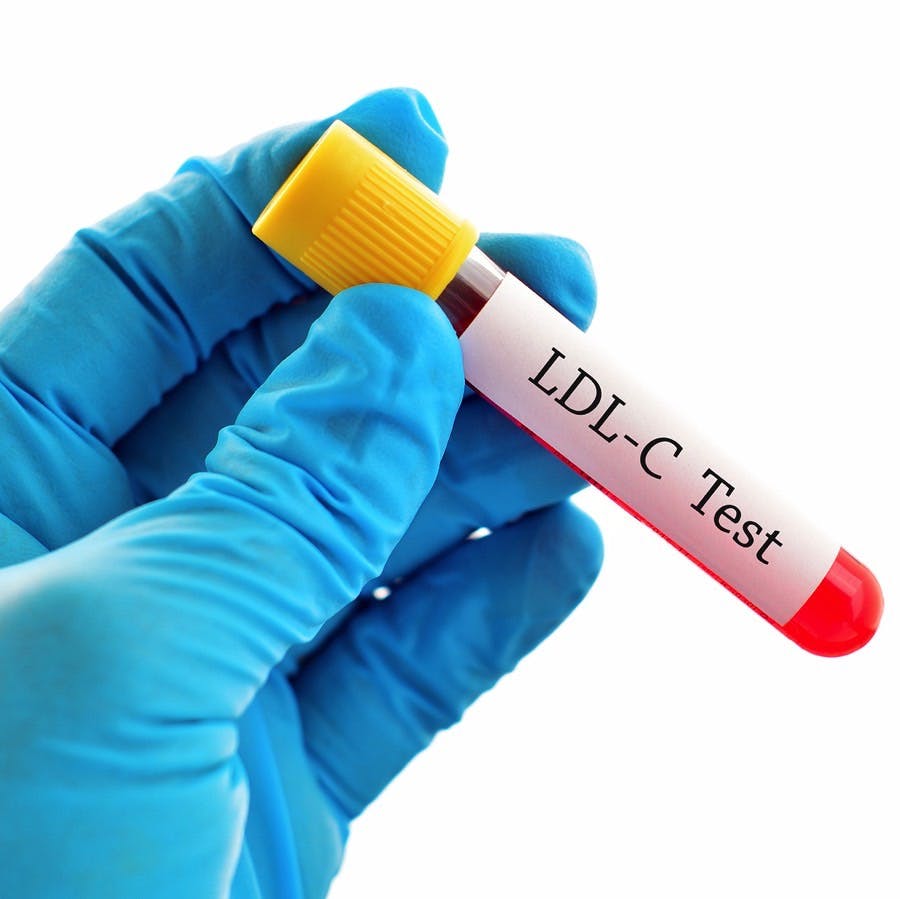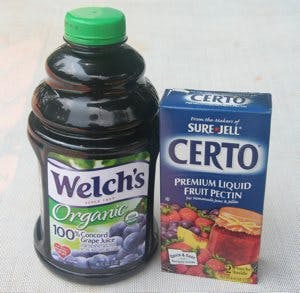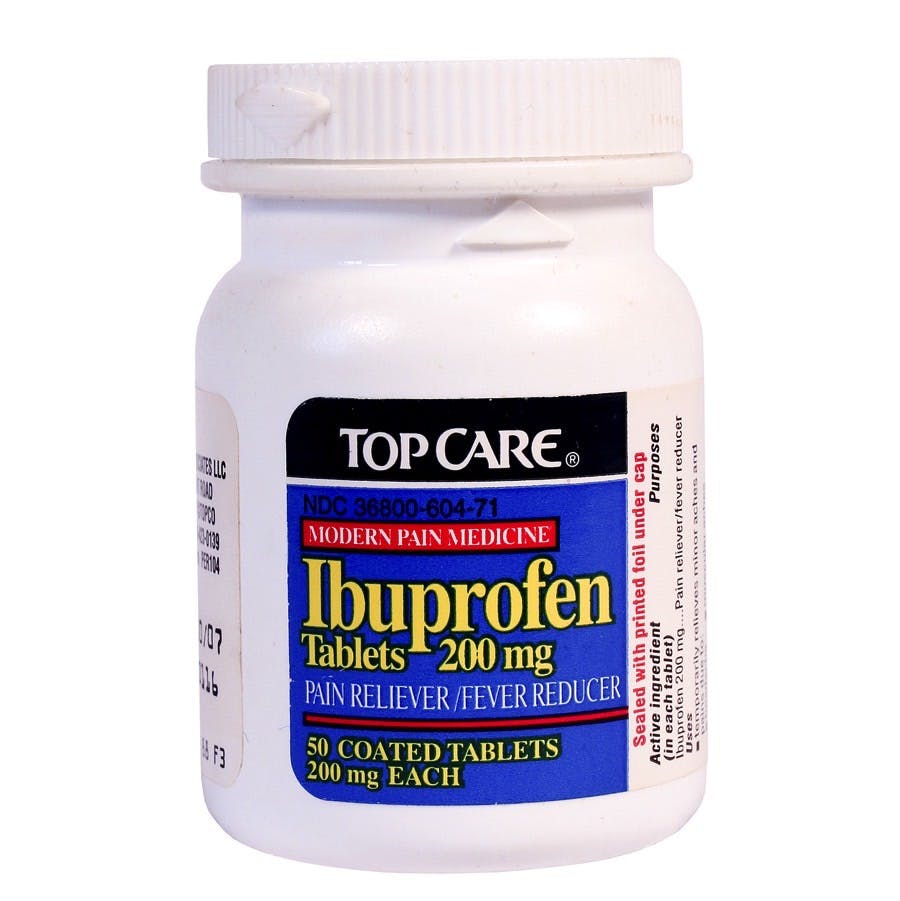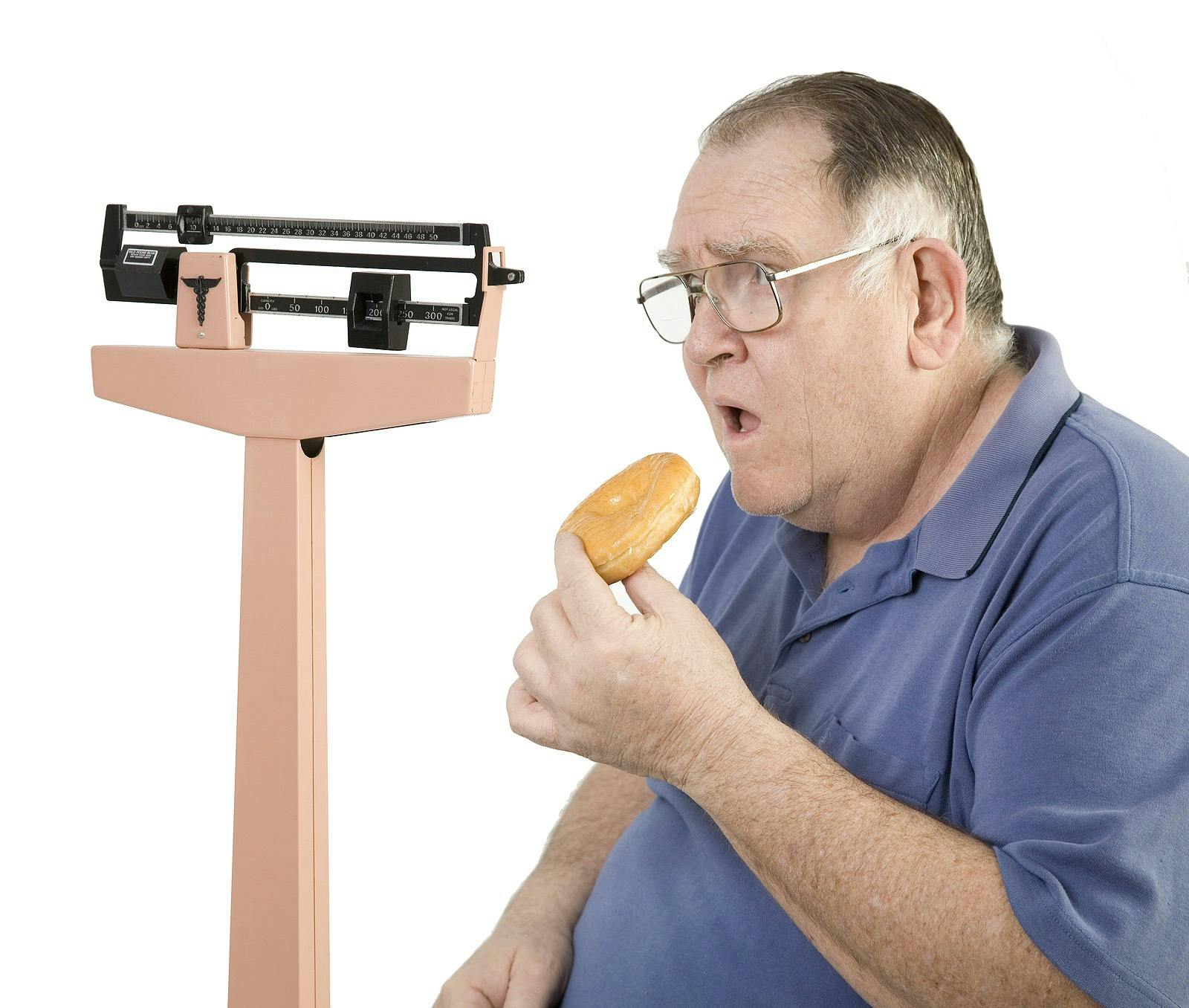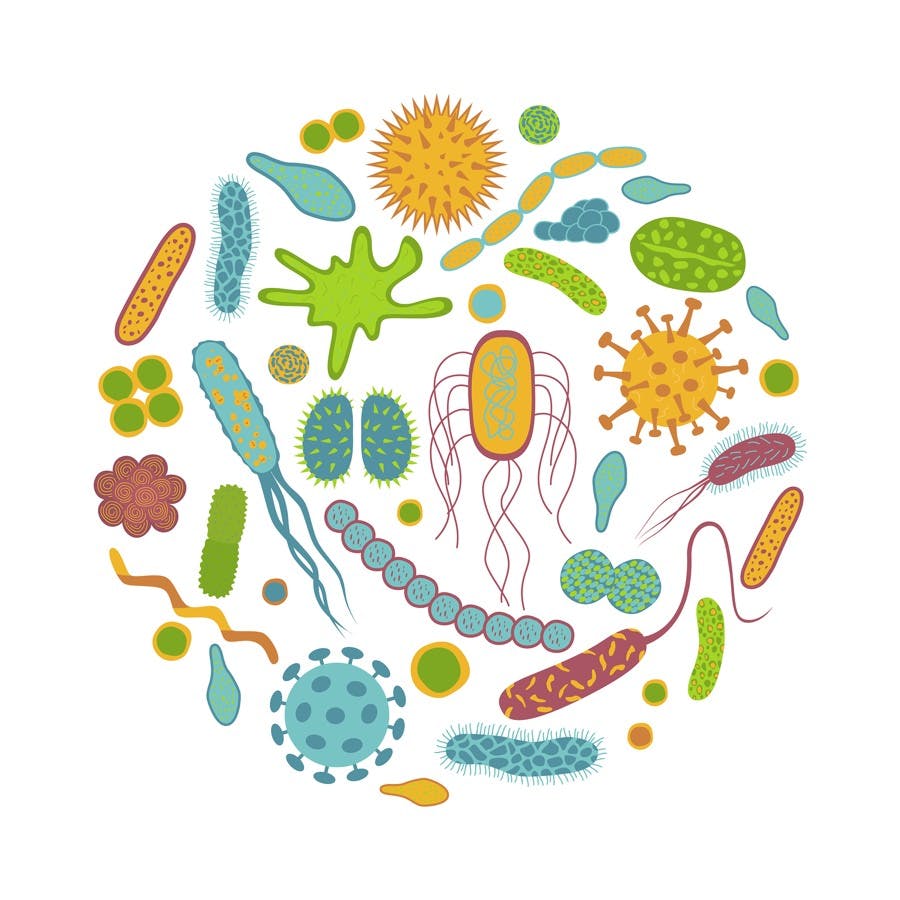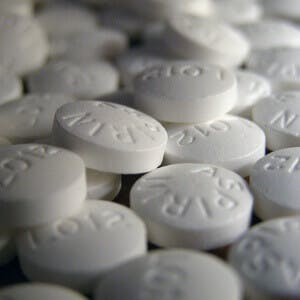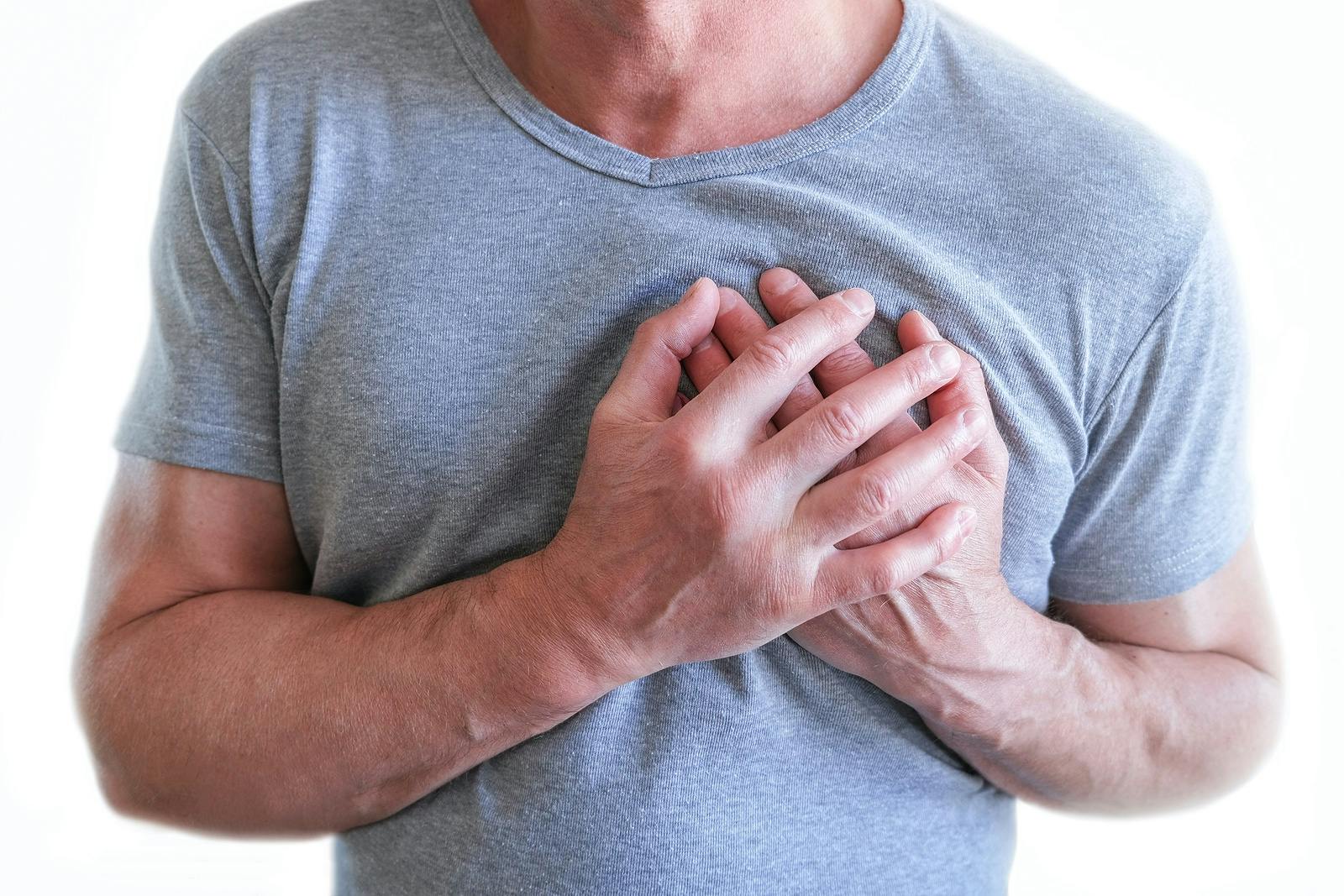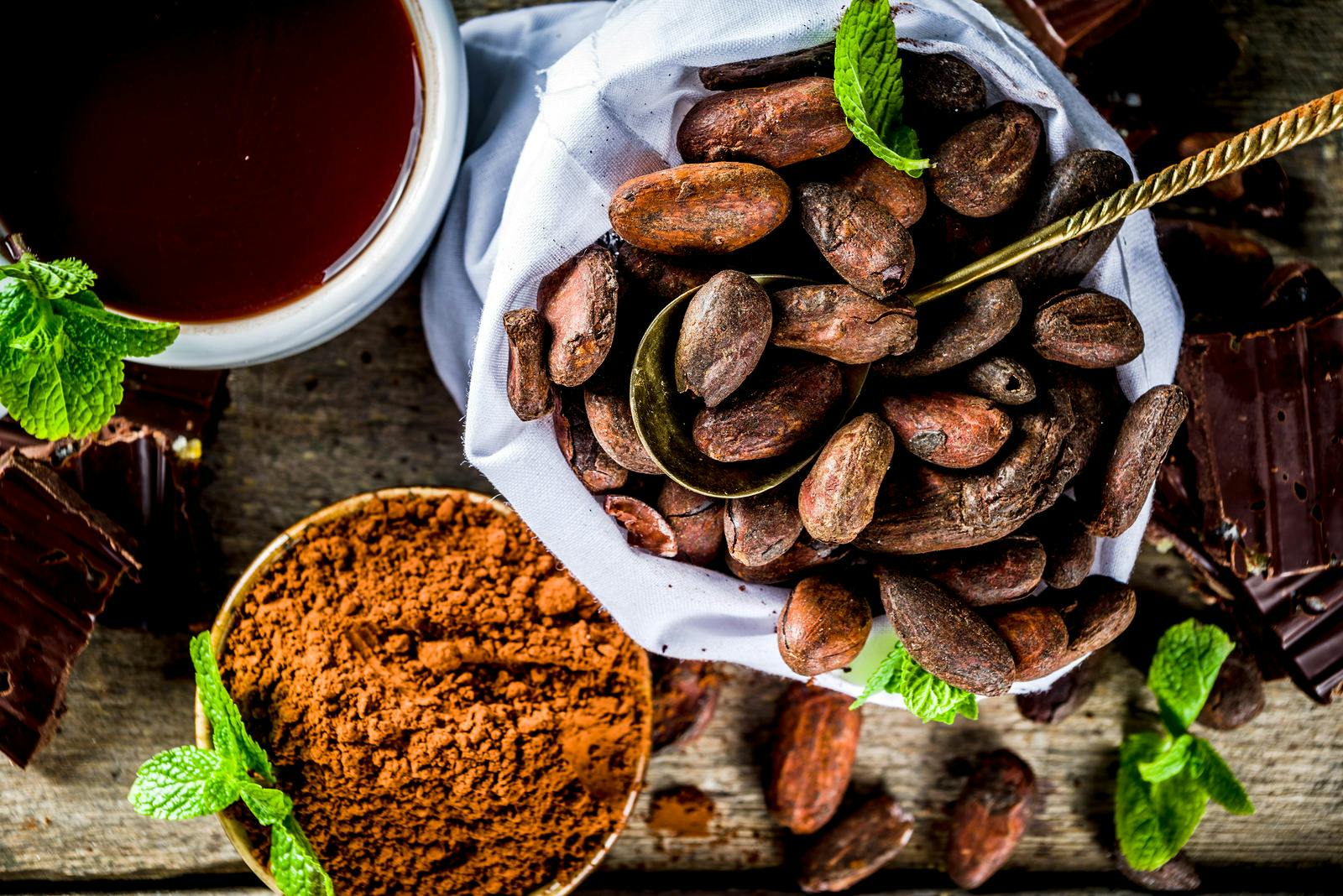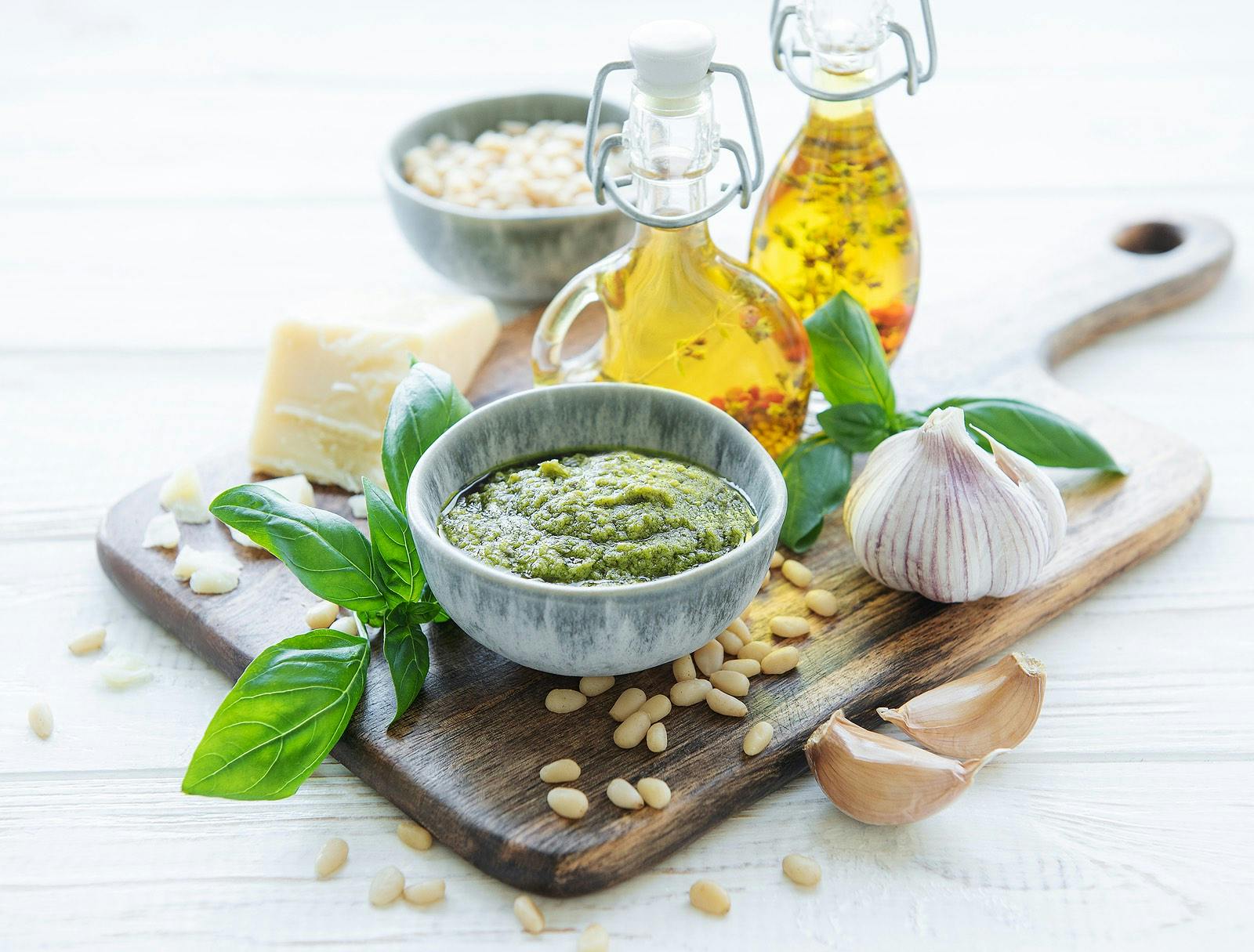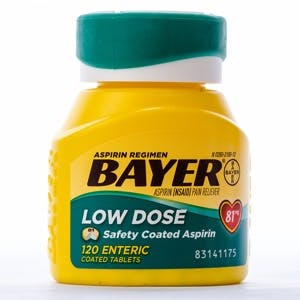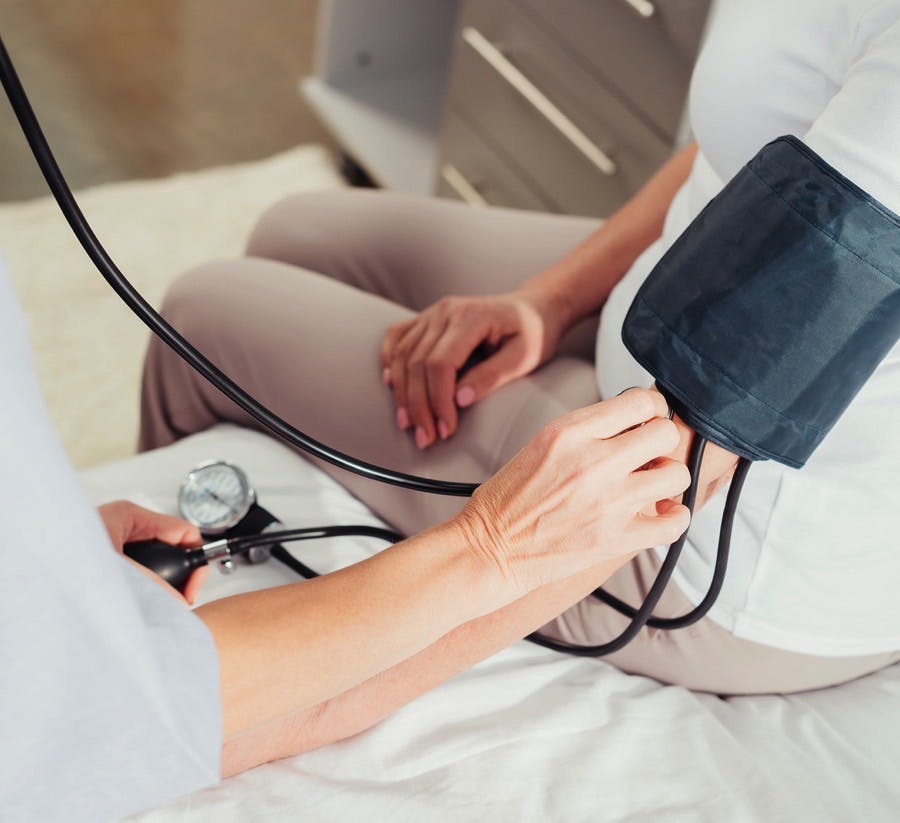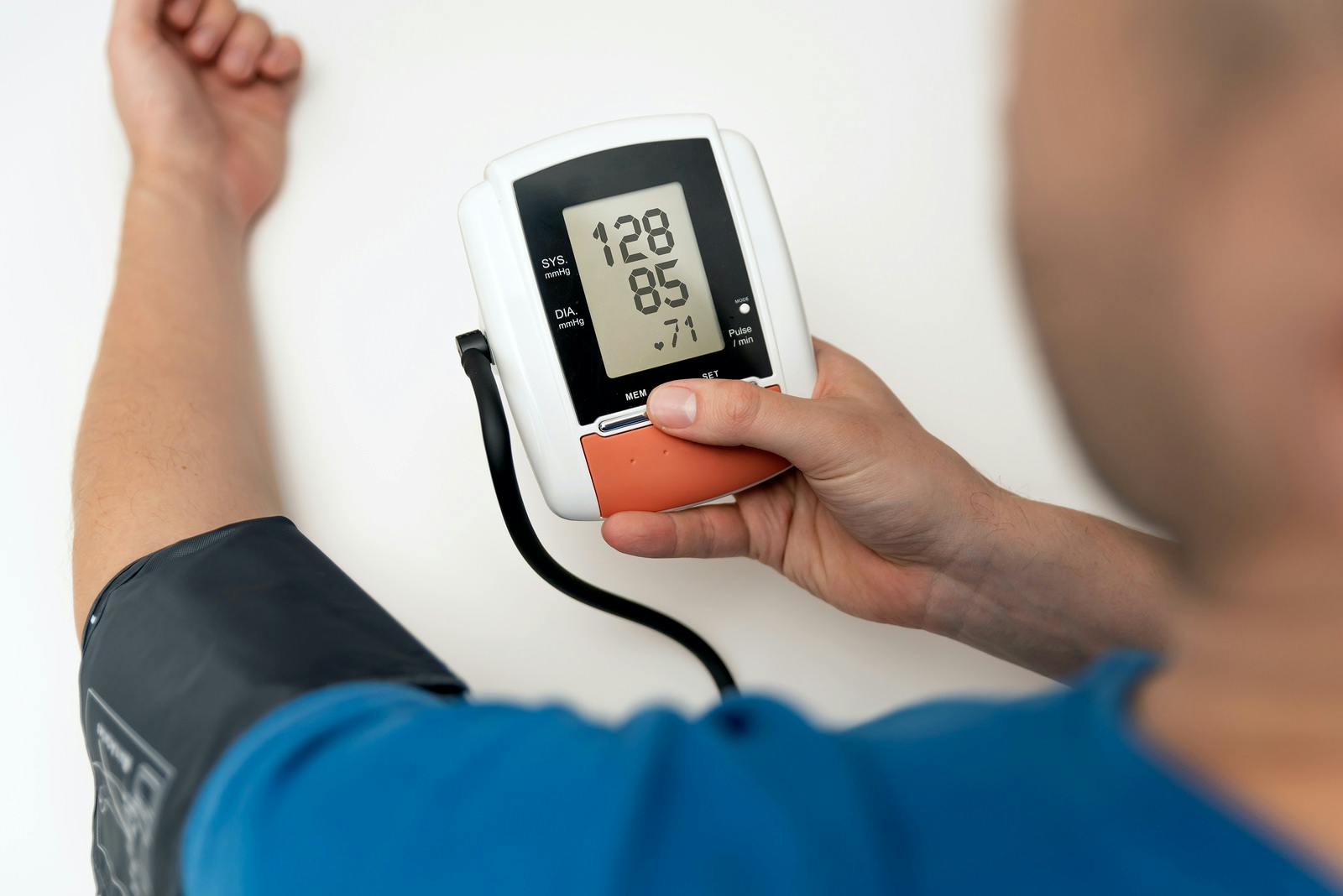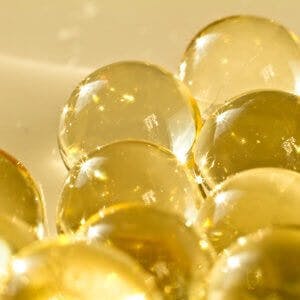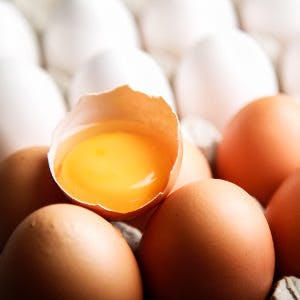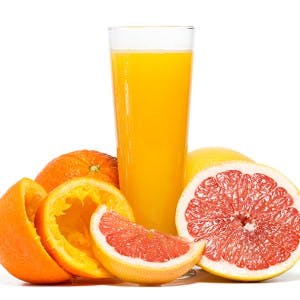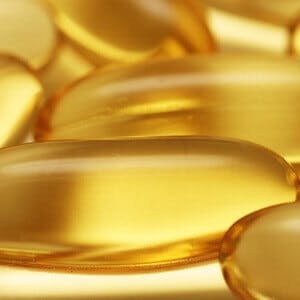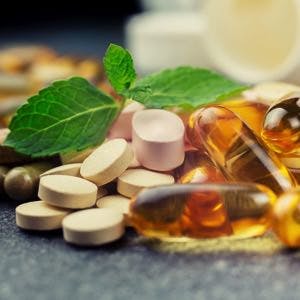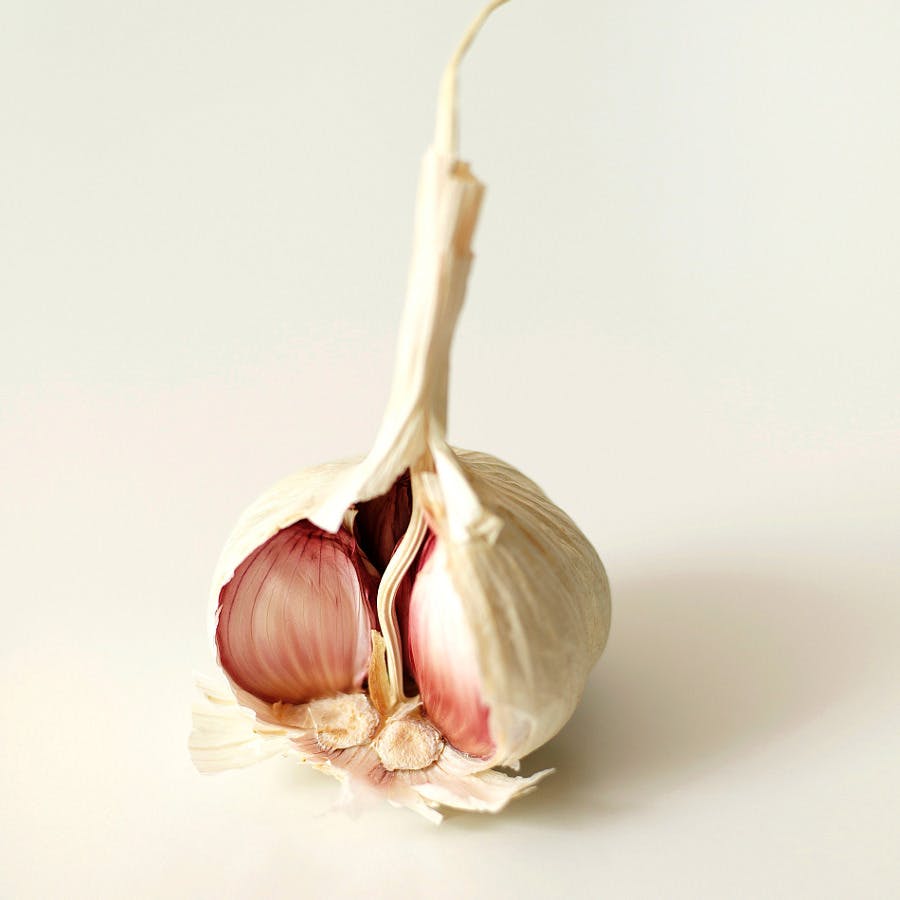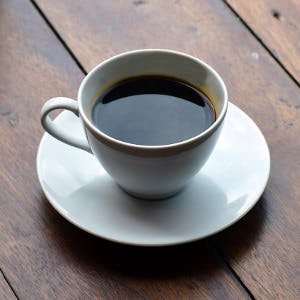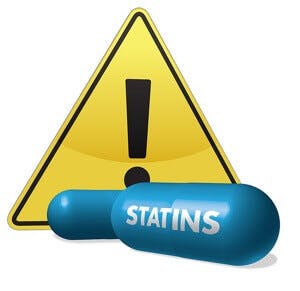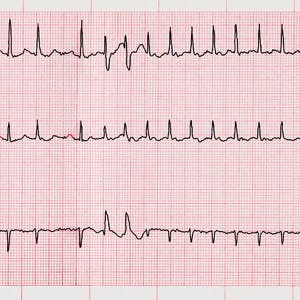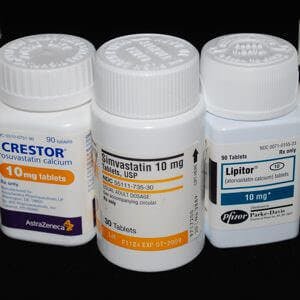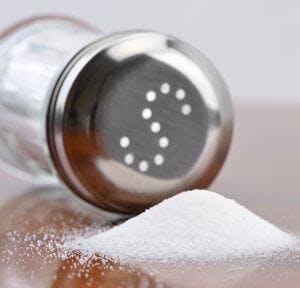Articles categorized as Stroke
Testosterone Heart Risk: Was the FDA Warning Wrong for a Decade?
A reader’s concern about testosterone heart risk prompts a look at new evidence, FDA changes—and why untreated low T can be dangerous, too.
The Infection Factor: Rethinking Heart Disease and Dementia
Research links pathogens to heart attacks, strokes, and cognitive decline. Rethinking heart disease prevention could start with vaccination.
Shingles Vax Reduces Risk of Heart Attack, Stroke, and Alzheimer’s!
Common infections–colds, flu, COVID, UTIs and SHINGLES–are linked to heart attacks and strokes. Could a shingles vax reduce the risk of AD?
Why Is the Sugar Substitute Erythritol Risky?
The non-nutritive sweetener erythritol is popular, but is it safe? Studies show it increases the risk for cardiovascular complications.
Do We Have Micro Particles of Plastic in Our Brains?
We have plastic in our brains? How does it get there? Research suggests we breathe in microplastic particles. They're also in our arteries.
Sugar-Sweetened Beverages Carry Serious Cardiovascular Risks
Studies suggest people drinking more sugar sweetened beverages are at higher risk for type 2 diabetes, stroke and heart failure.
Is Low LDL Cholesterol Linked to Bleeding Strokes?
Could "bad" cholesterol serve a function in the body? A meta-analysis finds low LDL cholesterol may increase the risk for bleeding strokes.
Have You Been Tested for Lp(a) Levels? What’s Your Number?
Elevated Lp(a) levels are a leading cause of heart disease and strokes. Why aren't doctors measuring it? Have you been tested for Lp(a)?
The Hidden Cancer Costs of CT Scans
CT scans have made diagnosis easier. They also expose patients to ionizing radiation (X-rays). Could there be an increased risk of cancer?
Why Grandma Was Right About Vegetables
People who consume the most vegetables, apples, tea and cocoa tend to have lower blood pressure and less atherosclerosis.
How to Stay Healthy with a Mediterranean Diet
Following a Mediterranean diet with lots of veggies, fruit and fish can help reduce the risk of heart disease, diabetes and many cancers.
Will You Live Longer If You Sip Green Tea?
A large study in China monitored people's tea-drinking habits and their health. Those who sip green tea several times a week seem to live longer.
Show 1413: Stopping Strokes: How to Reduce Your Risk of a Brain Attack
If you can control your blood pressure, you reduce your chance of a brain attack. Learn what other risk factors deserve attention.
Will Certo and Grape Juice Help Your Sore Knees?
Drinking a concoction of the liquid pectin Certo and grape juice appears to ease knee, shoulder or hip pain for many people. Will it help you?
Mediterranean Diet to Prevent Stroke
Can diet help prevent stroke? The Mediterranean diet can cut the risk of stroke significantly, and new guidelines recommend it.
What Can You Do If Ibuprofen Triggers Atrial Fibrillation?
People in pain should be told that ibuprofen triggers atrial fibrillation, as do other NSAIDs. Home remedies may be safer for relieving pain.
Brewing Heart Health: Caffeine from Coffee and Tea Reduces Risks
Can you sip your way to a healthier heart? Can caffeine from coffee and tea reduce your risk for heart attacks, strokes and type 2 diabetes?
Which Diuretic is Best for Hypertension? HCTZ or Chlorthalidone?
Diuretics such as HCTZ or chlorthalidone are frequently prescribed for high blood pressure. Which drug performed better after heart attacks?
If You Are on Medicare & Overweight You May be Eligible for Wegovy
Medicare Part D will now pay for Wegovy (semaglutide) to help millions of overweight people reduce their risk of heart attacks and strokes.
Gut Microbiota Linked to Stroke Severity
The composition of the gut microbiota influences the likelihood of severe strokes. A healthy digestive ecology also reduces the risk of AD.
Refined Grains Increase the Risk of Stroke
People relying on diets high in refined grains are more likely to suffer strokes. A regular B-complex vitamin could help.
Can Physical Training Help People Recover from a Stroke?
Research indicates that high-intensity training and acupuncture can help people recover from a stroke. It takes time to make progress.
Can Stopping Aspirin or Eliquis Suddenly Lead to Deadly Blood Clots?
Is aspirin a wonder drug or has it been overhyped? Does stopping aspirin suddenly increase the risk for blood clots? What about Eliquis?
You Have Likely Been the Victim of Diagnostic Mistakes
Diagnostic mistakes are common, often leading to permanent disability and death. A study says nearly 1 out of 5 patients are misdiagnosed.
Healthy Eating Can Help Prevent Heart Disease
Adopting a healthy eating pattern over the years reduces your chance of a heart attack or stroke by about 20 percent.
FDA Review of Ancient Drug (Colchicine) Spikes Price
Inflammation is more important in heart disease than people realize. Could colchicine, a VERY old drug, prevent heart attacks and strokes?
Can You Stay in the Sweet Spot for Your Warfarin Dose?
It can be difficult to get the warfarin dose just right all the time. Even people who managed it most of the time sometimes had a dangerous deviation.
Show 1355: Uncovering the Shocking Dangers of Misdiagnosis
New research shows the shocking dangers of misdiagnosis, with some 795,000 Americans suffering disability or death each year as a result.
The Cardiac Effects of COVID-19 Are Really Scary!
Most people think of the coronavirus as a respiratory illness, but the cardiac effects of COVID-19 are also very worrisome.
Dog Owners Get Survival Benefit
A Swedish study demonstrates that dog owners are less likely to die soon after a heart attack or a stroke. A meta-analysis reinforces that conclusion.
Show 1307: Cocoa Compounds and the COSMOS Trial (Archive)
A rigorously conducted, multi-year experiment with cocoa compounds vs placebo showed that they may reduce cardiovascular mortality.
Dairy Fat and Olive Oil Are Friends, Not Foes
Do you avoid saturated fat? The AHA tells you to shun dairy fat! Olive oil contains 14% sat-fat. Why are dairy fat and olive oil good for you?
The Salt Wars Rage On | How Do You Cope with the Low-Salt Confusion?
The FDA wants food companies to cut back on salt. AHA guidelines are much stricter. Are the low-salt targets practical? Are they healthy?
Is Hard Water Good for the Heart and Brain?
Is hard water high in dissolved magnesium good for your cardiovascular health? Swedish researchers suggest it can reduce the risk for strokes
Should You Take Aspirin for your Heart? Does Your Doctor Know for Sure?
Is it worthwhile to take aspirin for your heart? The experts weigh in with new recommendations. How will you make the right decision?
Active Seniors Have Fewer Heart Attacks and Strokes
Staying active, even by simply walking farther or faster, helps older adults avoid heart attacks and strokes.
How Dangerous Is It to Stop Taking Aspirin?
The US Preventive Services Task Force says millions of people should stop taking aspirin to prevent a heart attack. Better be careful!
What Is the Best Time to Go to Sleep?
A big study in the UK found that people who go to sleep between 10 and 11 pm have the lowest likelihood of cardiovascular problems.
For Preventing Stroke, Type of Fat Matters More Than Quantity
Data from the Nurses' Health Study and the Health Professionals Follow-up Study show the type of fat is important. Vegetable sources rock.
Do You Really Have High Blood Pressure?
People who have high blood pressure in the doctor's office may need to confirm that it is sustained throughout the day with home blood pressure measurement.
Getting Systolic Blood Pressure Under 130 Makes a Difference
Studies demonstrate that lowering systolic blood pressure under 130 mm mercury can reduce cardiovascular complications.
You Are What You Eat: Is Your Diet Killing You?
To sidestep a diet killing you, eat your vegetables and fruits, choose fish instead of processed meats and shun sugar-sweetened beverages.
Show 1265: The Advantages of Whole Brain Living
Dr. Jill Bolte Taylor is a neuroanatomist who gained exceptional insights into the function of the whole brain from her stroke and recovery.
Show 1239: How Can We Prevent Diagnostic Disasters?
Getting a timely, accurate diagnosis is crucial for treatment. What questions should a patient ask to prevent diagnostic disasters?
How Can You Save Your Brain if a Stroke Strikes?
The latest research demonstrates that every minute counts when you are having a stroke. To save your brain, know the symptoms of a stroke!
Show 1213: How Does COVID-19 Affect Your Heart?
Learn how COVID-19 affects your heart and what you should do to keep your heart as healthy as possible during the pandemic and afterwards.
Show 1201: Hard-to-Diagnose Conditions Can Be Deadly
Hard-to-diagnose conditions include sepsis and stroke. They can be extremely dangerous, even lethal. Learn what signs could be red flags for fast action.
Should You Take Aspirin or Shun the Wonder Drug?
It's surprising to learn that even after a century aspirin remains highly controversial. Should people take aspirin to prevent heart attacks and cancer?
Show 1186: What Happens When Doctors Make Diagnostic Errors?
No one knows quite how many diagnostic errors doctors make each year, but the number is high. Some have serious or deadly consequences.
Are Optimists Protected from Heart Attacks?
A meta-analysis of 15 studies finds that optimists are less likely to suffer heart attacks and strokes. They are also less likely to die prematurely.
Is Your Diet Putting You at Risk for Heart Disease?
Vegetarians have a lower risk for heart disease than meat eaters. However, they have a slightly higher chance of suffering a stroke.
How Soon Do Smokers Benefit from Quitting?
A careful study shows that smokers benefit from quitting. It may be more than a decade, though, before their risk of heart attacks drops to normal.
Forget Vitamin D Supplements for Heart Disease
A meta-analysis in JAMA Cardiology shows no benefit from vitamin D supplements for heart disease. This is the latest in a series of such disappointments.
How Risky Is It to Eat an Egg?
Evidence from a Finnish study shows you could probably eat an egg a day without increasing your risk for stroke or heart disease.
Is Juice as Bad for Your Health as Soda?
Fruit juice seems like a healthful choice, but it is high in fructose. People who drink a lot of juice are at risk of premature death.
Will Drinking Diet Soda Raise Your Risk of Stroke?
Data from the Women's Health Initiative suggests that heavy diet soda consumers are more likely to suffer strokes and heart attacks.
Is Fish Oil to Prevent Heart Attacks a Dud?
The VITAL study looked at fish oil to prevent heart attacks. The results were mostly disappointing, but fewer people taking fish oil died of heart attacks.
Is Whole Fat Dairy (Milk, Cheese and Yogurt) Good for the Heart?
Do you buy low-fat or no-fat yogurt? Why? Do you like the taste or do you fear the saturated fat in whole fat dairy products? A new study says dairy products are good for the cardiovascular system.
Aspirin Strikes Out for Preventing Heart Attacks
Aspirin can work for preventing heart attacks, but it can also cause excessive bleeding. People need to weigh the benefits and risks before taking it long-term.
When Is High LDL Cholesterol a Problem?
A study of low-risk individuals that ran for more than a quarter of a century found that even in these people, high LDL cholesterol can shorten life expectancy.
Should You Stop Taking Aspirin Before a Biopsy?
Aspirin prevents clots but it also increases the chance of bleeding. So deciding whether to stop taking aspirin before a procedure is a tough call.
Multivitamins No Help Against Heart Disease
a meta-analysis of 18 large studies found multivitamins no help in preventing heart disease and other cardiovascular problems such as stroke.
Aspirin vs Activase: Cheaper Is Just as Good
A trial testing aspirin vs Activase for treating acute mild strokes found that they worked equally well, but aspirin resulted in fewer serious side effects.
Can You Take Aspirin to Prevent Stroke?
In a head to head comparison of aspirin plus Plavix vs aspirin to prevent stroke, the combination was better at prevention but also twice as likely to cause a serious bleed.
Is Aspirin Better Than Xarelto (Rivaroxaban) To Prevent 2nd Stroke?
Anyone who has had a stroke must try very hard to prevent a recurrence. A new study asked the question: is Xarelto better than aspirin or is aspirin better than Xarelto. Learn the surprising answer.
Exercise Plus Sauna Bathing Better Than Either Alone
Have you ever gone sauna bathing? This reader says he thought it was a lazy indulgence. Now he knows there are proven health benefits of a sauna bath.
Will a Sauna Bath a Day Keep Strokes and Heart Attacks Away?
Finnish researchers report that people who use a sauna bath nearly every day are much less susceptible to strokes, heart attacks and dementia.
Will Garlic Really Lower Your Blood Pressure?
Do you wonder whether garlic has earned its reputation as a heart-healthy flavor? Studies suggest that garlic may lower your blood pressure and cholesterol, at least a bit.
Will a Crowded Emergency Room Interfere with Your Care?
If a crowded emergency room forces doctors to examine patients in the hallway, there is a risk of missing or delaying the correct diagnosis.
Can Ginkgo Help Stroke Survivors Keep Their Wits?
A Chinese study shows that stroke survivors who take both ginkgo and aspirin fare better cognitively than those taking aspirin alone.
Coffee Drinkers Lower Their Chances of Heart Failure
Coffee drinkers had lower chances of heart failure or stroke with every cup they drank during the week.
How Potassium Rich Foods Help Your Heart Stay Healthy
A diet with plenty of potassium rich foods can help prevent hardening of the arteries. Potassium prevents calcium build-up in artery walls.
Will Drug Shortages From the Puerto Rico Disaster Impact Your Health?
Have you been horrified by the hurricane's destruction of Puerto Rico? This disaster may seem far away but drug shortages from Puerto Rico could affect you.
Will Stopping Aspirin Lead to A Heart Attack?
Low-dose aspirin is frequently prescribed to heart patients to prevent blood clots. Can stopping aspirin suddenly increase the risk for heart attacks?
Is the Bread Worse for You Than the Butter?
A new study including more than 135,000 adults shows that a high-carb diet is linked to a higher risk of premature death–the bread IS worse than the butter.
Is a Daily Diet Soda Bad for Your Brain?
Drinking a daily diet soda triples the risk for stroke or dementia. Would you like a glass of water instead of a soft drink?
Why Is a Magnesium-Rich Diet So Good for You?
Eating magnesium-rich foods like nuts and dark green leafy vegetables can cut your chance of heart failure, diabetes or stroke.
Why Are Crowded Emergency Rooms Bad for Your Brain?
In crowded emergency rooms, health care personnel are slower to get patients with suggestive symptoms in for brain imaging.
Staying Active Can Help Prevent Chronic Health Problems
People who engage regularly in moderate to vigorous physical activity are less prone to chronic health problems such as heart disease or diabetes.
Are Rehab Hospitals Hazardous to Your Health?
A new study found that rehab hospitals are dangerous places where mistakes are common. Anyone entering such a facility needs vigilance and help from family.
Will Higher Bad LDL Cholesterol Help Older People Live Longer?
Doctors have been taught that so-called bad LDL cholesterol is a killer. When high, statins are almost always prescribed. New data challenge that idea.
How to Lower Your Stroke Risk with Aspirin
People who experience a TIA have a greater likelihood of a stroke, but taking aspirin after a TIA can lower the stroke risk significantly.
Eggs are Exonerated in Finnish Heart Study
You've been told to avoid eggs, cut back on cholesterol and stay away from saturated fat. The Finnish Heart Study Turns that advice upside down.
How Doctors Rescued Patients with Bleeding in the Brain
A clot busting drug tPA was used to treat bleeding in the brain, though usually that is a bad idea. The results were very promising.
Is There an Antidote to Pradaxa?
Praxbind is now available as a way to reverse the anticoagulant action of dabigatran (Pradaxa) in a bleeding emergency.
Do Antidepressants Speed Stroke Rehabilitation?
People taking SSRI antidepressants may have better success with stroke rehabilitation than those taking old-fashioned tricyclic or no antidepressants.
Blood Pressure Pills Fall Short on Stroke Prevention
Controlling blood pressure with multiple medications does not work as well for stroke prevention as keeping blood pressure low naturally.
Cholesterol-Lowering Drugs Reduce the Risk of Stroke
In older people, cholesterol-lowering drugs can also lower the likelihood of suffering a stroke, though they may not help prevent heart attacks.
Folic Acid Adds Extra Layer of Stroke Protection
Adding a folic acid supplement to a blood pressure pill lowered the risk of stroke among adults with hypertension.
Salt Restriction May Not Be Helpful for All Older Adults
New research does not support salt restriction as a way to help older people avoid strokes, heart attacks and death.
New Treatment Offers Hope for Stroke Victims
A new technique for removing a large blood clot from the brain gives stroke victims better chances of recovering function.
Does Low Cholesterol Lead to Strokes?
Can cholesterol levels go too low? Most health professionals worry about high cholesterol. But low cholesterol can also pose unexpected risks.








